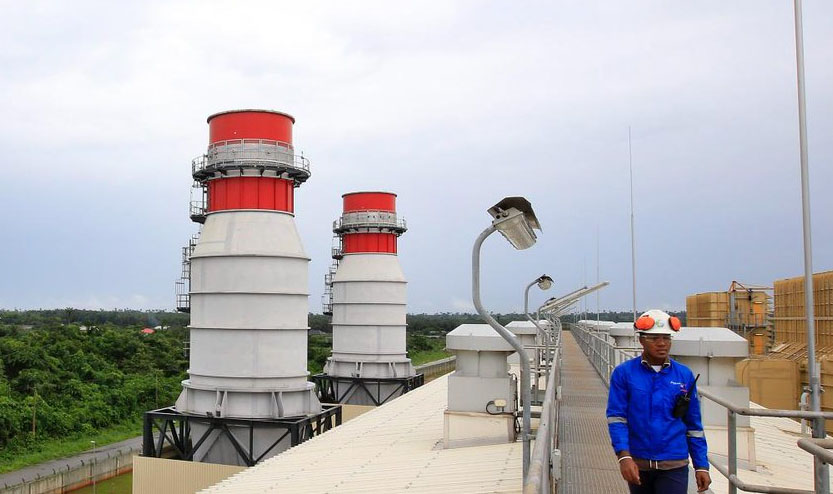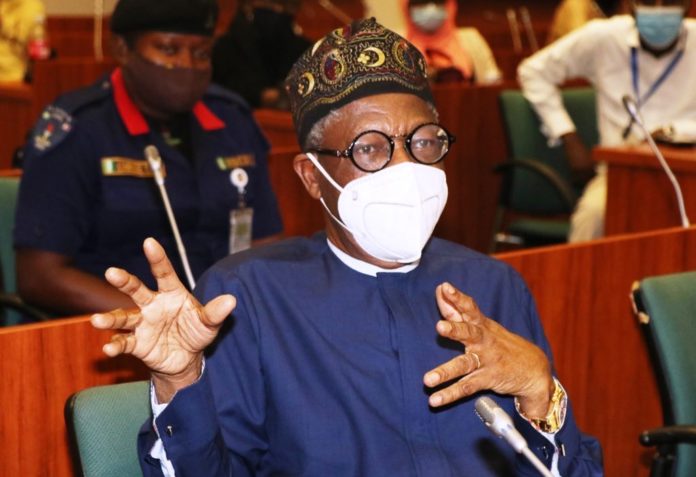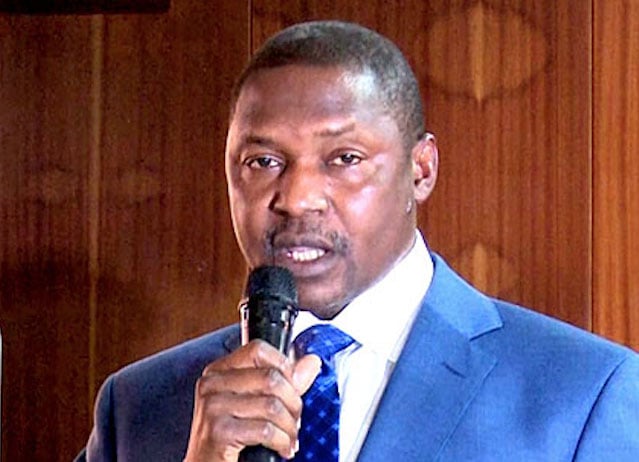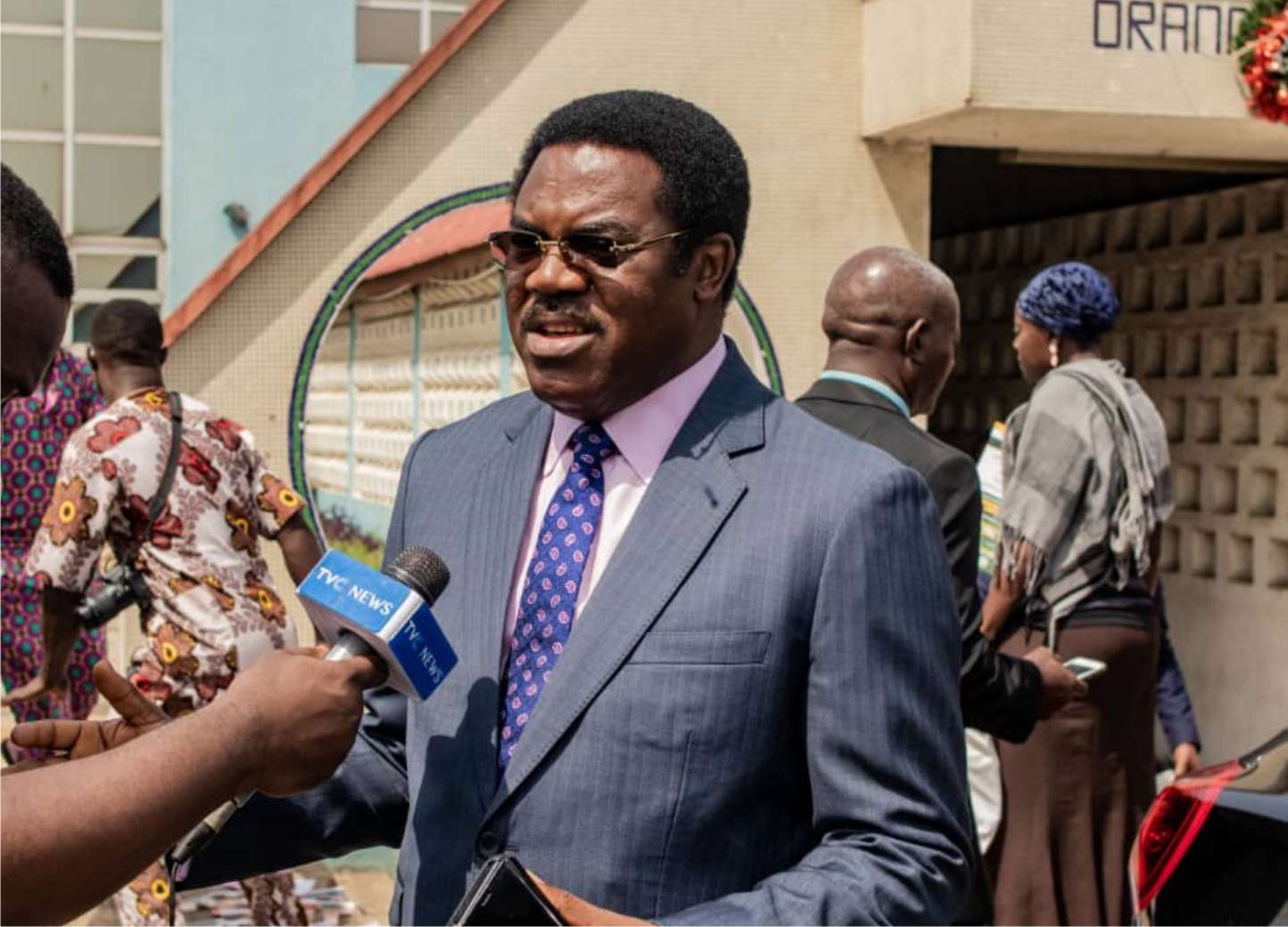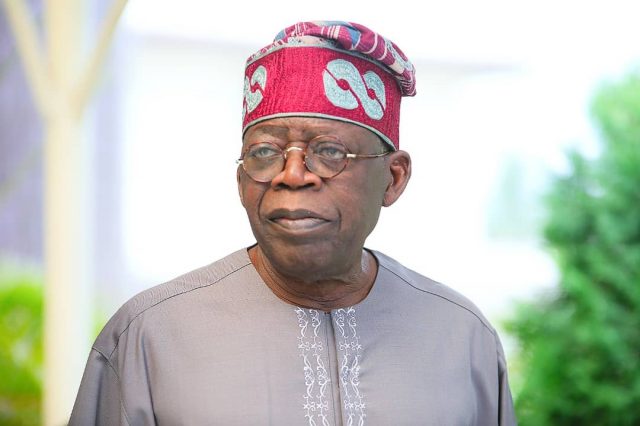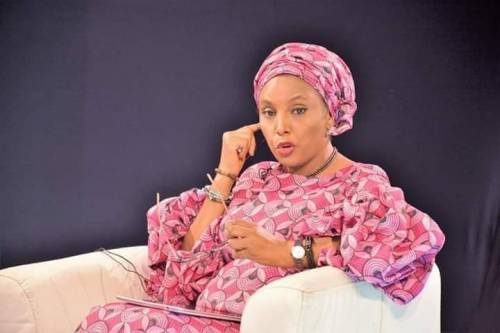Ahmed Zakari, special adviser to the president on infrastructure, on Wednesday made a number of claims on the Azura power project.
In a press statement, Zakari, who works in the office of the vice-president, said if President Muhammadu Buhari had cancelled the power purchase agreement (PPAs) and put/call option agreement (PCOA) that the Goodluck Jonathan government signed with Azura in 2013 and 2014 respectively, there would have been consequences similar to the P&ID debacle.
There is “no place” in the PCOA which says Nigeria must pay $1.2 billion to Azura if the country exits the contract, Zakari further claimed.
He said that, above all, the World Bank partial risk guarantee (PRG), covered by the sovereign guarantee issued by the federal government, was not an issue in the Azura deal.
Advertisement
Zakari declared that after all, there was no sovereign guarantee in the P&ID contract — yet the company went to arbitration and was awarded $9.6 billion against the country.
After going through Zakari’s claims, TheCable has come up with five questions which he did not answer — or deliberately ignored — in the press statement.
FIVE QUESTIONS FOR AHMED ZAKARI
1. Was the PPA signed with Azura in 2013 enforceable without the company meeting the conditions precedent? The answer is no. The PPA, an agreement to buy power from Azura by the federal government-owned Nigerian Bulk Electricity Trading (NBET) Plc, was only enforceable AFTER Azura must have built its power plant. As at the time Jonathan left office on May 29, 2015, Azura had not built the plant. It is deceptive to claim that Nigeria was liable to fulfill its part when Azura had not built the plant as at the time the Buhari administration came to office in 2015. PPAs only become operative and effective after the conditions precedent are met. In this case, Azura had not met the conditions.
Advertisement
2. If the World Bank PRG did not matter, as Zakari claimed, why did Azura not start building the plant until after the federal government signed the indemnity on August 21, 2015? Zakari tried to downplay the significance of the sovereign guarantee Nigeria gave to the Azura project, but he failed to explain why Azura waited for the PRG before starting construction. The simple answer is that Azura wanted the financial liabilities to be on the federal government. It was after the government took responsibility for Azura’s loans that the company started construction. Without the PRG, it was clear that Azura was not going to build the plant. Zakari tried to compare this to the P&ID case which he said the country did not give a guarantee, but he conveniently ignored the fact that contracts are governed by different conditions. The P&ID contract did not require a World Bank PRG.
3. Since there is no $1.2 billion exit clause in the PCOA, as Zakari said, how much exactly will Nigeria pay if it decides to terminate the agreement? Although it is true that the PCOA does not expressly state that Nigeria will pay $1.2 billion to end the agreement, the figure was most likely arrived at based on clauses 2 and 3 in the PCOA which mandate the federal government to buy out Azura using a matrix that includes principal, interests and expected profits, among others. Azura claims to have invested about $1 billion so far. A buy-out may, therefore, cost Nigeria more than the estimated $1.2 billion. Zakari was only playing on words by saying there is no $1.2 billion stated in the agreement.
4. Did TCN guarantee to dispatch Azura’s power 100 per cent before Nigeria decided to issue the guarantees? This question is at the heart of the financial burden that has hit the national treasury. As at the time Nigeria was issuing guarantees to Azura in August 2015, government officials knew that the Transmission Company of Nigeria (TCN) did not have the capacity to wheel the 461mw that the plant would be producing, yet committed to the “take or pay” contract. That commitment requires the government to pay at least $30 million monthly whether or not TCN is able to take the power. Although Azura contributes about 8 per cent to the national grid, the country currently has too much generation capacity compared to what TCN can transmit. That means without Azura’s 461mw, Nigeria’s power situation would still be the same — yet the country has to keep parting with at least $30 million monthly.
5. Most importantly, why did the government ignore an extant circular and go ahead to indemnify Azura? When the Buhari administration came into office in May 2015, the extant federal government circular, dated August 11, 2014, was that the government must be indemnified in all contracts and agreements, especially with foreign entities. However, the PCOA signed on October 22, 2014 by Ngozi Okonjo-Iweala, then minster of finance, violated the circular. Jonathan then requested the legal opinion of Mohammed Bello Adoke, who was the attorney-general, on the PCOA. Adoke raised a number of issues in his response dated December 23, 2014, the most significant being that Nigeria must be indemnified to avoid the situation the country has found itself today.
Advertisement
Chinedu Nebo, then minister of power, later wrote a five-page memo to Jonathan, dated January 12, 2015, seeking that the “indemnity clause” be waived for Azura so that the federal government could give the sovereign guarantee. Jonathan refused to give the go-ahead because of the absence of the indemnity clause. This was the state of play when the Buhari government came into office and then indemnified Azura, despite the extant circular. And that is why the country is under heavy financial obligations to Azura which it cannot exit without parting with at least $1.2 billion. Without the PRG, Nigeria would not be liable for Azura’s loans, and other agreements signed would not have been activated.
THE BOTTOMLINE: All agreements signed with Azura by the Jonathan administration could only be effective after Azura had met ALL the conditions precedent, that is to “develop, design, construct, finance, own, operate and maintain a gas-fired electric power generation facility” — as stated in the PCOA. Azura would have had no basis to sue the federal government over the PPA if it had been terminated since the power company had not met those conditions precedent. It was the PRG signed in August 2015 that finally activated those agreements. And that is what Nigeria will have to pay for.
Add a comment
